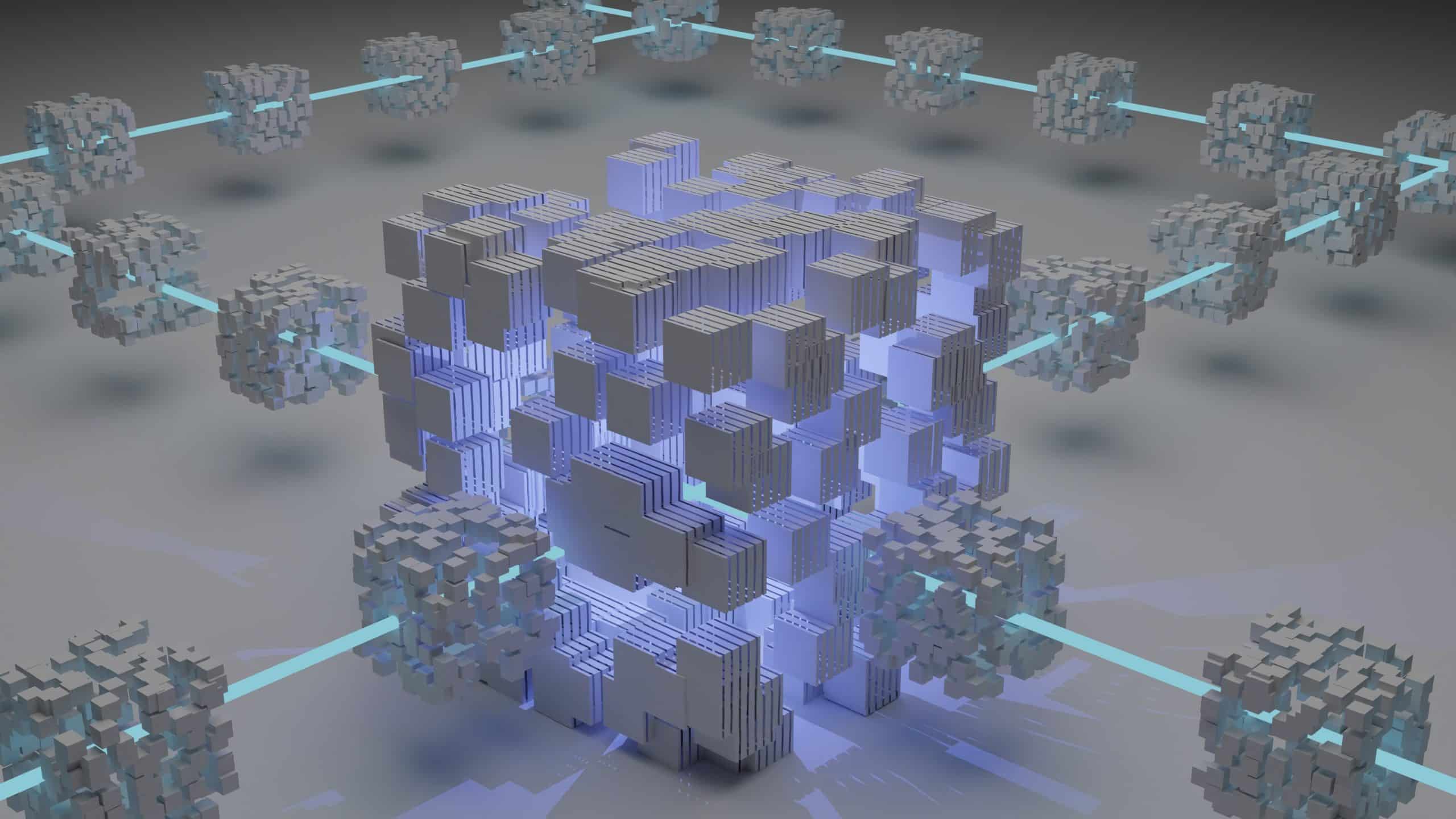Polygon Labs, the entity behind the Polygon blockchain, plans to upgrade its network in a hard fork next week.
In a blog post on Thursday, the Polygon team announced that a hard fork, proposed to occur on Jan. 17, aimed at reducing the severity of gas spikes and addressing chain reorganizations or “reorgs.”
📢 GET READY FOR THE HARDFORK 🔥
The proposed hardfork for the #Polygon PoS chain will make key upgrades to the network on Jan 17th.
This is good news for devs & users — & will make for better UX.
You will NOT need to do anything differently. Details:https://t.co/RaBWDjEGrI pic.twitter.com/nipa15YQdZ
— Polygon (@0xPolygon) January 12, 2023
A hard fork is a change to the blockchain protocol that splits the network into two versions. In order to participate in the new version of the blockchain, node operators will have to upgrade their software to ensure compatibility with the new set of rules.
Polygon is a Layer 2 scaling solution, built on top of Ethereum, and designed to speed up transactions on the underlying blockchain. In a governance forum discussion last month, community members deliberated on solutions for two major concerns for Polygon users – reorgs and gas spikes during high demand.
Chain reorgs occur when nodes receive blocks that are part of the new version of the blockchain, impacting when transactions are approved and sometimes leading to duplicate or lost transactions.
“One of the ways identified to mitigate the issue is to reduce the sprint length from the current 64 blocks to 16 blocks,” said Mateusz Rzeszowsk, a member of the Polygon Governance team, on the forum.
Gas spikes during periods of high demand on the blockchain was another issue that needed to be addressed.
“They are a result of EIP-1559 and the Polygon PoS chain’s faster block times,” said the team.
The team proposed increasing the “BaseFeeChangeDenominator” parameter, which determines the minimum fee for block inclusion, to 16 from its current value of 8 as a way to mitigate these spikes in fee.
Node operators will have to upgrade their respective software before Jan. 17 so that the changes can be implemented successfully. The hard fork will not impact the time and number of blocks a validator produces, said the team, adding that there will be no overall change in rewards to validators.



